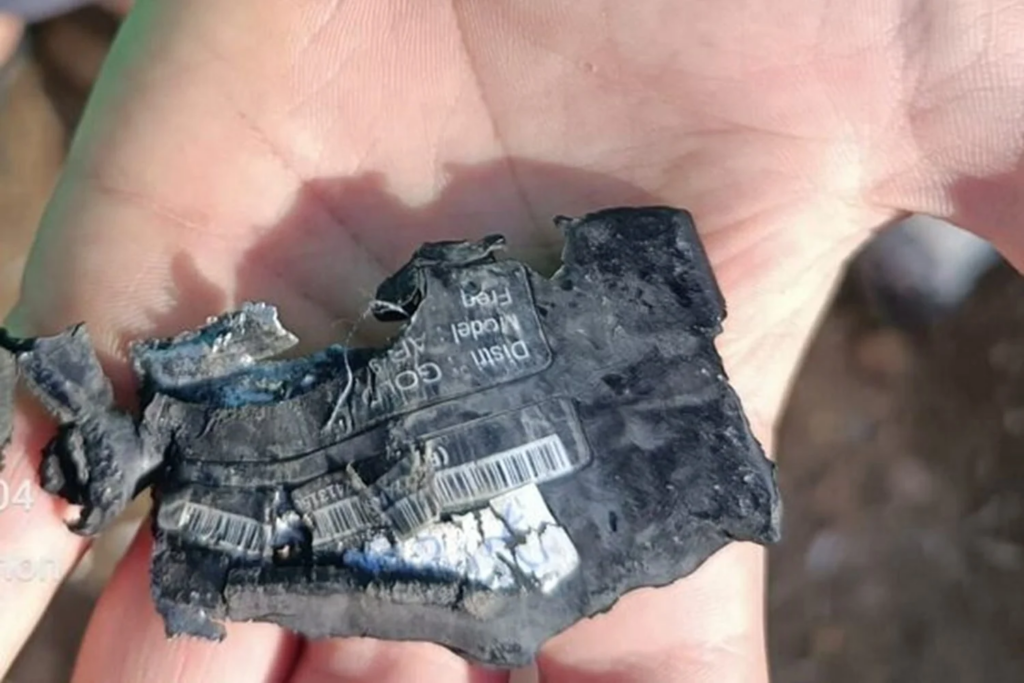A series of explosions from wireless communication devices, primarily pagers, swept across Lebanon and Syria on September 17, 2024. The explosions resulted in at least 11 deaths and over 2,700 injuries. Many of the casualties were members of Hezbollah, though civilians including a young girl, were among those killed. The explosions occurred around 3:30 PM local time, shocking the region and raising questions about the origin and nature of the attack.
What Happened & Why This Matters
The explosions were reportedly linked to a supply chain attack, with Israeli forces being accused of tampering with pagers before they were delivered to Hezbollah. According to various reports, small amounts of explosive material were inserted into the pagers during manufacturing. These devices were later remotely triggered using a specific code. The pagers emitted a warning beep before detonating.
Eyewitnesses recounted the chaotic scenes in Beirut and other areas. A butcher from Beirut, Ahmad Ayoud, described how he initially mistook the explosions for random gunfire after seeing a young man fall from his motorbike, bleeding. Similar incidents occurred in other locations, with people reporting smoke emanating from their pockets, followed by sudden explosions.
Videos and photographs have since surfaced showing some of the horrifying aftermath, including explosions in public places like supermarkets. Several victims sustained severe injuries, particularly to their limbs, with images depicting large wounds on their legs and arms.

Potential Causes of the Attack
Initial investigations point toward either a malware-triggered detonation of the pagers’ lithium-ion batteries or the deliberate insertion of explosives into the devices at some point in the supply chain. Hezbollah officials speculate that some pagers overheated before exploding, while others might have been rigged with physical explosive charges.
The pagers involved were manufactured in Taiwan by a company called Gold Apollo. However, there are conflicting reports about the origin of these devices, with a company spokesperson claiming the devices were made under license by another manufacturer. Hezbollah publicly blames Israel for orchestrating the attack, though Israel has not taken responsibility.
The incident comes on the heels of heightened tensions between Hezbollah and Israel, with allegations of Hezbollah planning attacks on former Israeli officials. Israeli authorities had recently foiled a Hezbollah plan to use an explosive device with remote detonation capability.
Responses
While the U.S. has denied any involvement in the attack, the international community is closely monitoring the situation. U.S. officials confirmed they were unaware of the pager explosions until after they occurred. Israel remains a central figure in speculation, with its history of electronic warfare and previous cyberattacks like the Stuxnet virus that targeted Iran’s nuclear program.
TF Summary: What’s Next
The investigation into the attacks is ongoing. Both Hezbollah, Lebanese authorities, and intelligence services are seeking more information on the source of the tampering. Questions about the security of communication devices’ supply chains and the potential for similar attacks in the future are being raised globally. As regional tensions continue to heighten, TF anticipates more revelations as investigations gather evidence that sheds light on the perpetrators. Implications for regional stability hang in the balance.
— Text-to-Speech (TTS) provided by gspeech


